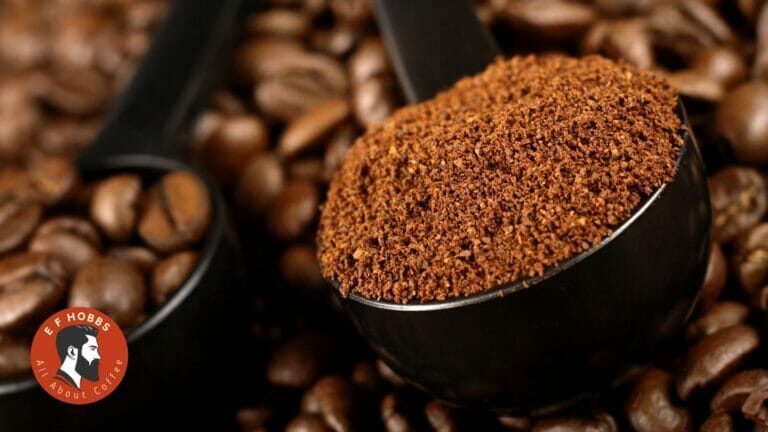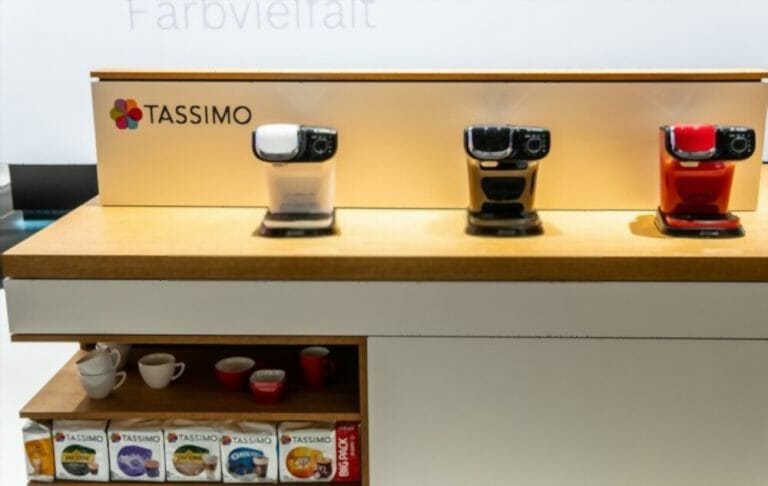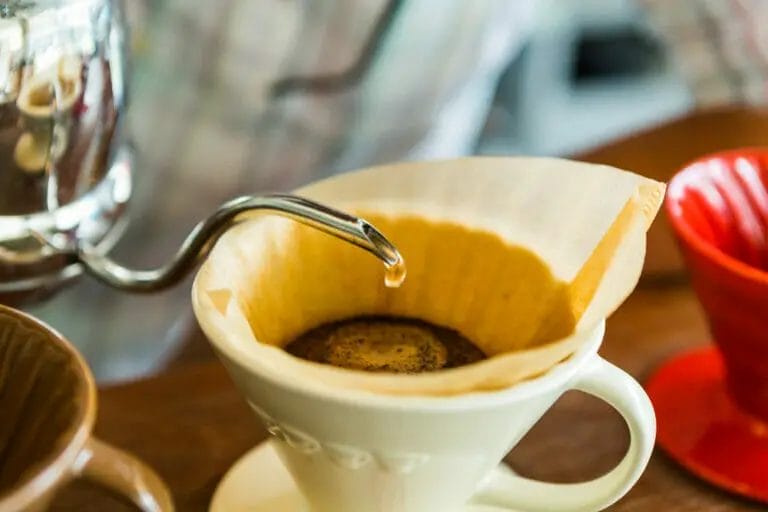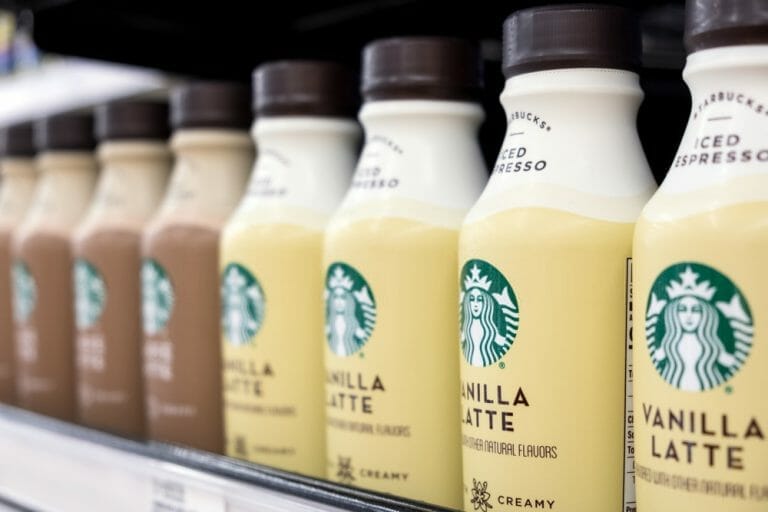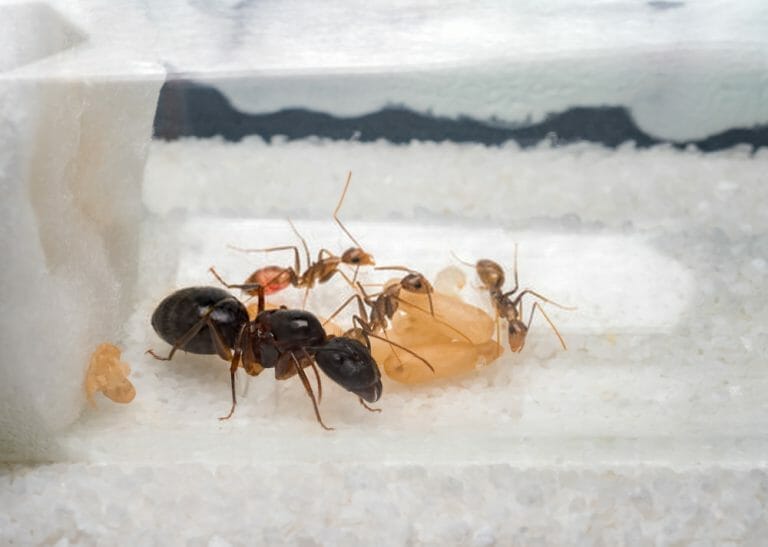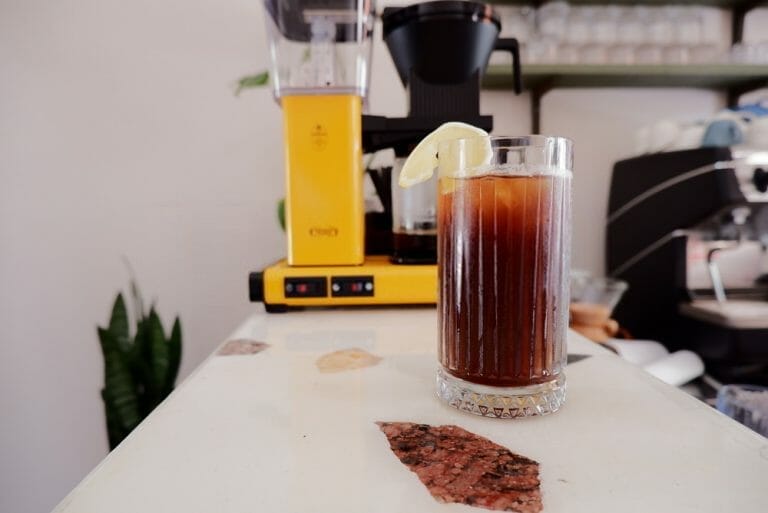Can Decaf Coffee Cause Anxiety – Find Out Now!!
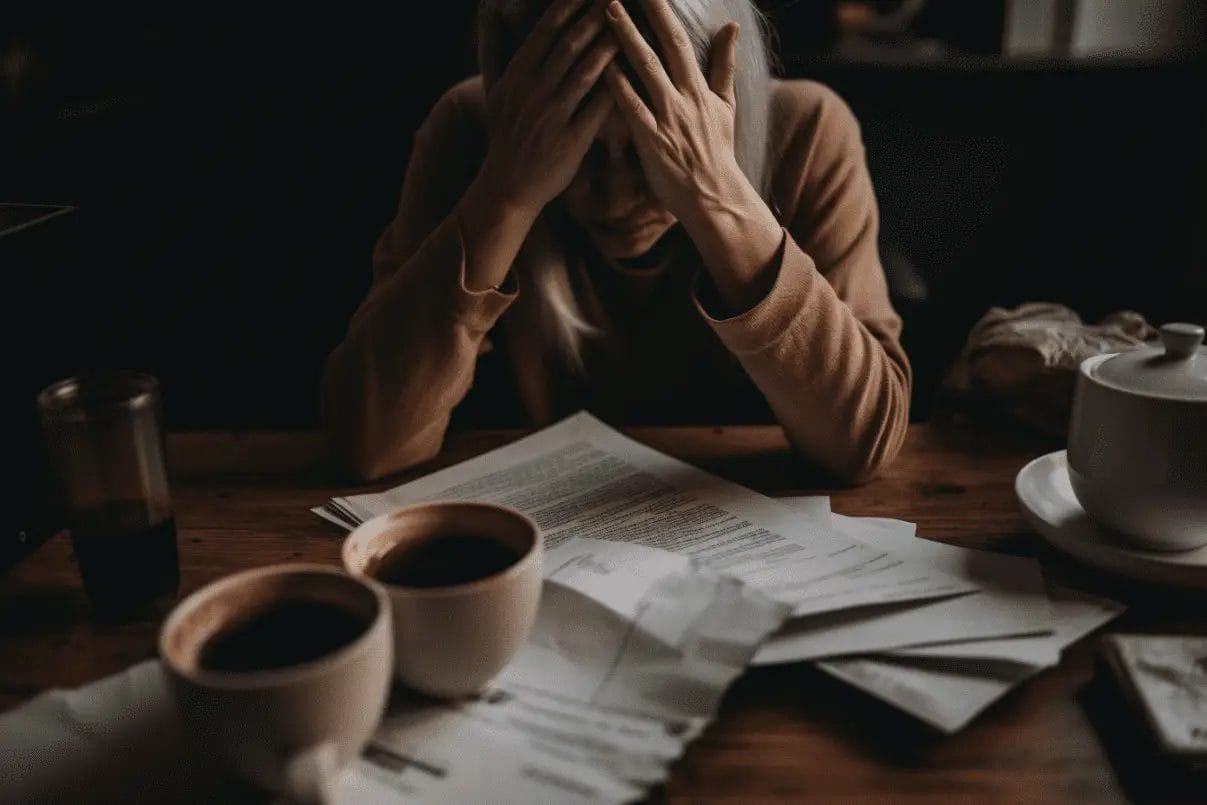
Do you love the taste of coffee but worry about the caffeine triggering your anxiety? Can decaf coffee cause anxiety? Decaf coffee may seem like a perfect solution, but there is ongoing debate about whether it can still cause anxiety.
As someone who wants to make informed decisions for your health and well-being, it’s important to understand what research says about decaf coffee and anxiety.
While some people believe that decaf coffee is completely safe for those with anxiety, others argue that it can still contain trace amounts of caffeine that may trigger symptoms.
Navigating the sea of information online can indeed be challenging, especially when it comes to understanding the impact of our daily habits on our health. In this article, we’ll delve into the research surrounding decaf coffee, a popular drink, and its potential impact on anxiety levels.
We’ll also provide alternatives for those who still want to drink coffee but are looking for a caffeine-free option, ensuring they don’t have to sacrifice their love for this beloved beverage.
By the end of this article, you’ll have a better understanding of whether or not decaf coffee is right for you.
Introduction: The Ongoing Debate About Decaf Coffee and Anxiety”
There’s an ongoing debate about whether or not your morning cup of joe could be contributing to those jittery feelings.
Decaf coffee is often touted as a healthy alternative to regular coffee, but some people still experience anxiety symptoms after consuming it.
While decaf coffee typically contains less caffeine than regular coffee, it’s possible that even small amounts can cause anxiety in certain individuals. Caffeine sensitivity varies widely among individuals, and some people may be more susceptible to the side effects of decaf than others.
Additionally, the amount of caffeine consumed can also influence anxiety symptoms.
For instance, if you’re already prone to anxiety or have a pre-existing condition like panic disorder, the stimulant effects of caffeine, even in small amounts, could exacerbate your symptoms.
Other factors may also be at play in the relationship between caffeine consumption and anxiety.
Ultimately, while decaf coffee may seem like a healthier choice for those looking to reduce their caffeine intake, it’s important to pay attention to how much caffeine your body responds to and make adjustments accordingly.
Decaf Coffee and Anxiety: What Does the Research Say?”
You may be surprised to learn how much research has been done on the relationship between your coffee intake, especially caffeinated coffee, and anxiety symptoms.
The good news is that decaffeinated coffee seems to have little effect on triggering anxiety, especially for those who are caffeine sensitive or prone to panic attacks.
In fact, some studies suggest that switching from regular coffee to decaf, or opting to drink decaf, may even help reduce anxiety symptoms.
However, it’s important to note that not everyone reacts the same way to caffeine and decaf.
Some individuals may still experience anxiety symptoms after drinking decaf coffee due to other factors such as genetics, environmental stressors, or underlying mental health conditions.
Therefore, it’s best to listen to your body and pay attention to how you feel after consuming different types of coffee beans.
If you notice a pattern of increased anxiety after drinking coffee, even decaffeinated coffee, it might be worth discussing with your healthcare provider.
Alternatives to Decaf Coffee: Other Options for Coffee Lovers”
If you’re someone who enjoys a warm beverage in the morning or throughout the day, there are various options available to satisfy your craving without resorting to decaffeinated cup of coffee. Here are three alternatives to decaf coffee that can give you the energy boost you need without triggering anxiety symptoms if you’re caffeine sensitive:
- Herbal tea: There are many types of herbal teas that can provide a calming effect while also giving you a taste of something warm and comforting. Chamomile, lavender, and peppermint tea are some popular options.
- Matcha: Matcha is a type of green tea that contains caffeine but also has L-theanine, an amino acid that promotes relaxation and reduces stress levels.
- Energy drinks with lower caffeine content: If you prefer something with more caffeine than tea but less than regular coffee, there are energy drinks available with lower caffeine content than traditional energy drinks.
By trying out these alternatives to decaf coffee, you can still enjoy your warm beverage without worrying about potential anxiety triggers from too much caffeine. So go ahead and explore these options as a coffee lover looking for healthier ways to start your day!
Conclusion: Making an Informed Decision About Decaf Coffee and Anxiety
Making an informed decision about your morning beverage can help you start your day with a calm mind and a warm feeling in your stomach.
Decaf coffee is a popular alternative to regular coffee for those who want to reduce their caffeine intake, but worry that decaf coffee may cause anxiety symptoms.
While some people may still experience anxiety after drinking decaf coffee, research suggests it is unlikely that this type of coffee will lead to panic disorders or other long-term negative effects.
To help you make an informed decision about whether decaf coffee is right for you, consider the following table:
| Pros | Cons | Considerations |
|---|---|---|
| Can reduce caffeine intake without giving up the taste of coffee | May still contain small amounts of caffeine; not completely caffeine-free | Consult with a doctor if experiencing severe anxiety symptoms |
| Can be enjoyed in moderation without worrying about disrupting sleep patterns | Some brands may use chemical solvents to remove caffeine, which could have health risks if consumed regularly over time | Stick to reputable brands that use water-based methods for removing caffeine |
| May offer some benefits associated with regular coffee consumption, such as improved cognitive function and reduced risk of certain diseases | Too much coffee consumption – even decaf – can lead to jitters and other physical symptoms like increased heart rate or headaches | Determine how much decaf (or any type of) coffee is right for you based on personal tolerance levels |
Ultimately, whether or not decaf coffee causes anxiety symptoms depends on the individual’s body chemistry and sensitivity to caffeine.
For most people, consuming moderate amounts of decaf should not result in any negative effects on mental health.
However, if you are concerned about your anxiety levels or are experiencing severe symptoms after drinking any type of morning coffee, it’s always best to consult with a healthcare professional before making any changes to your routine.
Ultimately, whether or not decaf coffee causes anxiety symptoms depends on the individual’s body chemistry and sensitivity to caffeine.
For most people, consuming moderate amounts of decaf should not result in any negative effects on mental health.
However, if you are concerned about your anxiety levels or are experiencing severe symptoms after drinking any type of morning coffee, it’s always best to consult with a healthcare professional before making any changes to your routine.
Conclusion
So, should you be worried about “can decaf coffee cause anxiety” The answer is not straightforward. While some studies suggest that decaf coffee may increase anxiety levels in certain individuals, others have found no significant link between the two.
Ultimately, it comes down to personal preference and tolerance. If you’re someone who experiences anxiety or is sensitive to caffeine, it may be worth considering alternatives to decaf coffee such as herbal teas or caffeine-free beverages.
However, if you enjoy the taste of coffee and don’t experience any negative effects from drinking decaf, there’s no need to give it up entirely.
In conclusion, while the debate about decaf coffee and anxiety continues, it’s important to make an informed decision based on your own individual needs and preferences.
Whether you choose to stick with decaf or explore other options, remember that moderation is key when it comes to consuming any type of beverage.

